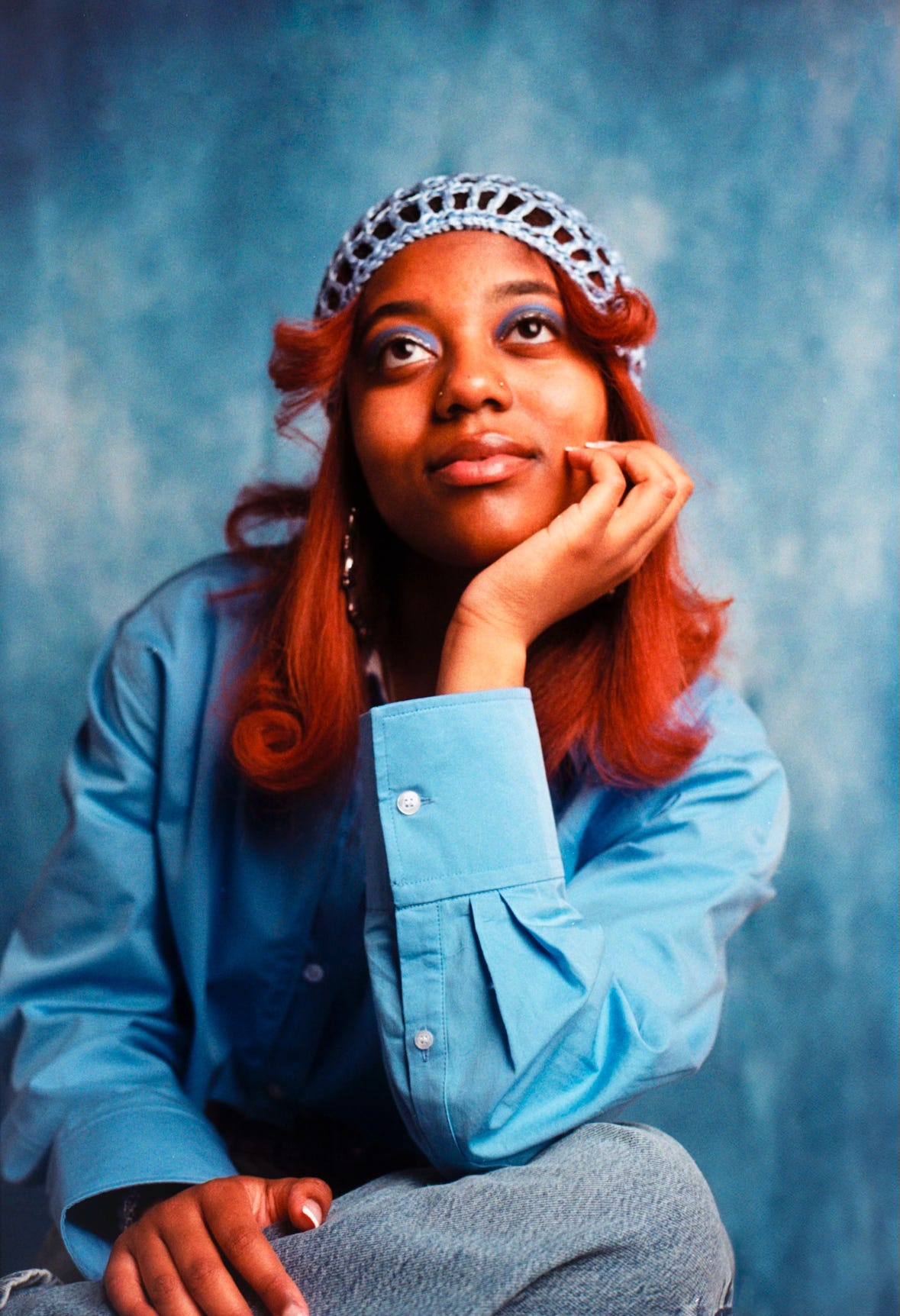Today is Founder’s Day. On April 11, 1881—144 years ago—Sophia B. Packard and Harriet E. Giles founded Spelman College in Atlanta.
Today, I think about my ancestors—all of the women, the humans who came before me—who could not be afforded this opportunity, and not necessarily because they weren’t qualified to obtain an education, but because of the vicious realities of racism. I’m thinking about my ancestors who weren’t even allowed to read and write, who weren’t even allowed to keep their own names—their identities stripped from them.
When I think about my education, I think about it as resistance. Reading and writing are acts of opposing and disrupting the status quo. Knowledge is not only power—knowledge is freeing. And defining who I am and shaping my identity—becoming—is resistance.
According to FamilySearch, 10 generations back, a person has approximately 8,000 ancestors. It took a lot of people for me to be me. This opportunity to attend Spelman College is a precious one. An education is “a passport to the future,” as Malcolm X says.
In August of 2024, I started college at Spelman College. I was very uncertain about everything. It’s interesting how uncertainty and the unknown are not embraced. Instead of leaning into this new chapter of my life and seeing it as an opportunity for growth, I detested Spelman. I had pent-up emotions about my experience altogether. I was very uncomfortable and quite negative about the transition. Still, I’m not sure if change and I are best friends.
In October of that same year, I started attending counseling at Spelman’s Counseling Center. I remember thinking to myself, I can’t get through this experience if I don’t process it with someone. I need something. At the time, poetry was not my therapist. I could not write for the first two to three months. I was devastated because I thought that I would never be a writer again. I thought, Why can’t I put a finger on anything? The truth is, I could not pull from an experience I had never had. I have to live, look deeply at everything around me, live some more, and from that, produce art.
In my counseling sessions, I battled with my identity. Every time I came to a session, I cried about feeling like an outsider. I focused on what I was not. I am not straight. I am not Christian. I am not the standard. I convinced myself that my I-am-not-the-prototype identity meant that I did not deserve to be at this institution. When I went home for winter break, I toured another college and scheduled a tour for yet another.
During our nearly two-month hiatus, the words of my counselor came circling back to me. Those words were: “Stop focusing on what you’re not. Focus on what you are.” This means that when we ruminate about everything that we are not, we cancel out everything that we are. In doing so, we reduce ourselves to a state of nothingness—which negates our divine existence. If I transferred to another institution—and then another one, and another one after that—because I focused on what I was not, this cycle of running away from myself would repeat and only break when I own everything that I am.
Today, I want to give thanks to Johnnetta B. Cole, the first Black woman president of Spelman College. I was desperate for answers, trying to figure out if I should stay at Spelman or leave. I met her, and she asked, “How’s your Spelman experience going?” And I said, “It’s hard. I don’t like it.” She responded, “Well, you know, Spelman has never been perfect.” She continued, “I just hope that you can find more good than bad.”
Looking back, I needed to hear this. And actually, her words were confirmation that the Universe sends conduits to communicate the messages we need the most. My spirit guide also told me that the opposite of fear is love. And in the name of loving myself—challenging my fears—I know that I should continue on this journey.
When I make it to the finish line, it won’t just be for me. I carry a lot. I carry a lot of ancestors, names—unspecified and specified. These people I carry? Maybe they also wanted to do this. It’s not only about the institution. It’s deeper than just, “Oh, I’m a student.” My soul has been called here to do my soul’s work. I honor, embrace, and believe this.



